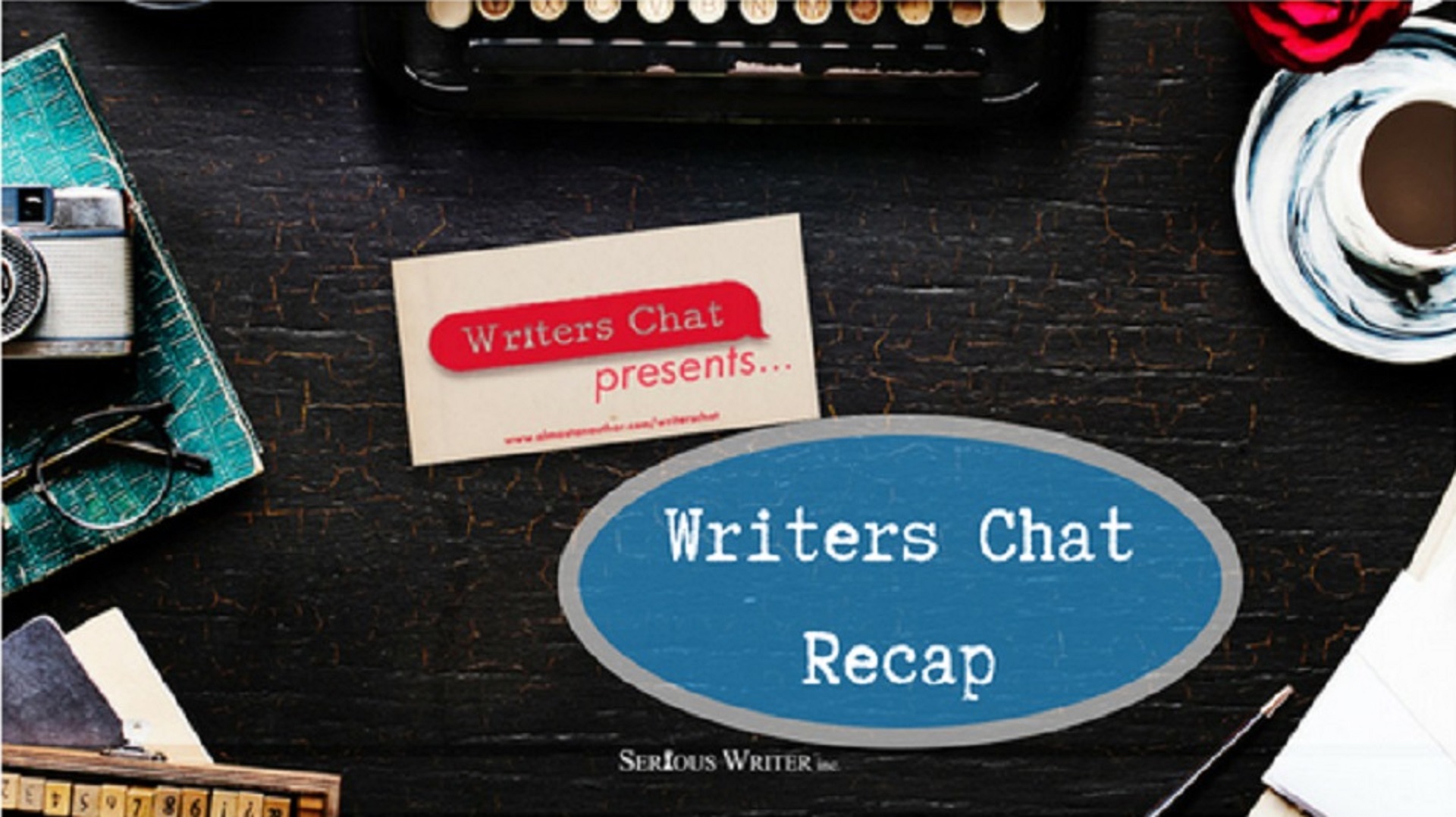
Why Every Author Needs A Proposal—Even If You Self-publish
A New Year always brings a chance to start over and begin in a new direction. This year (2020)…
January 25, 2020
A New Year always brings a chance to start over and begin in a new direction. This year (2020)…
January 25, 2020
We’ve written the book, isn’t that enough? Now they want us to write a query, a pitch, a proposal,…
December 25, 2019
From my experience in publishing, editors and agents are often slow to respond to submissions. This time lag…
November 25, 2019
I wrote about fifty books with traditional publishers, including two proposals that got six figure advances—before I began working…
July 25, 2019
The tension hung in the air so thick it felt like you could cut it with a knife. I…
May 25, 2019
Cherrilynn Bisbano is an award-winning writer. She founded The Write Proposal after reading hundreds of book proposals with avoidable…
April 25, 2019
In the rush to show a literary agent or editor your idea, many writers forget a simple yet important…
December 25, 2018
Writers Chat, hosted by Jean Wise, Johnnie Alexander, and Bethany Jett, is the show where we talk about all…
November 30, 2018
Writers Chat, hosted by Jean Wise, Johnnie Alexander, and Bethany Jett, is the show where we talk about all…
November 15, 2018
BOOK PROPOSALS IN A NUTSHELL Cherrilynn joins the hosts of Writers Chat to give an overview of Book Proposals.…
June 25, 2018
I love cats, coffee, chocolate, and long walks on the beach, especially if the beach has sea glass. My…
May 25, 2018
The One Page Sell Sheet is like a mini resume. The sell sheet gives the agent or publisher pertinent…
April 25, 2018
Congratulations, the agent, and publisher liked what they read in your Cover Letter, and opened the door to the…
March 25, 2018
Why was my proposal rejected? As a submissions reader, I now understand why my past book proposal was not…
January 6, 2018Hartline Literary Jr. Agent Cherrilynn Bisbano shares an in-depth look into the world of book proposals. Join us! Writers…
October 19, 2017